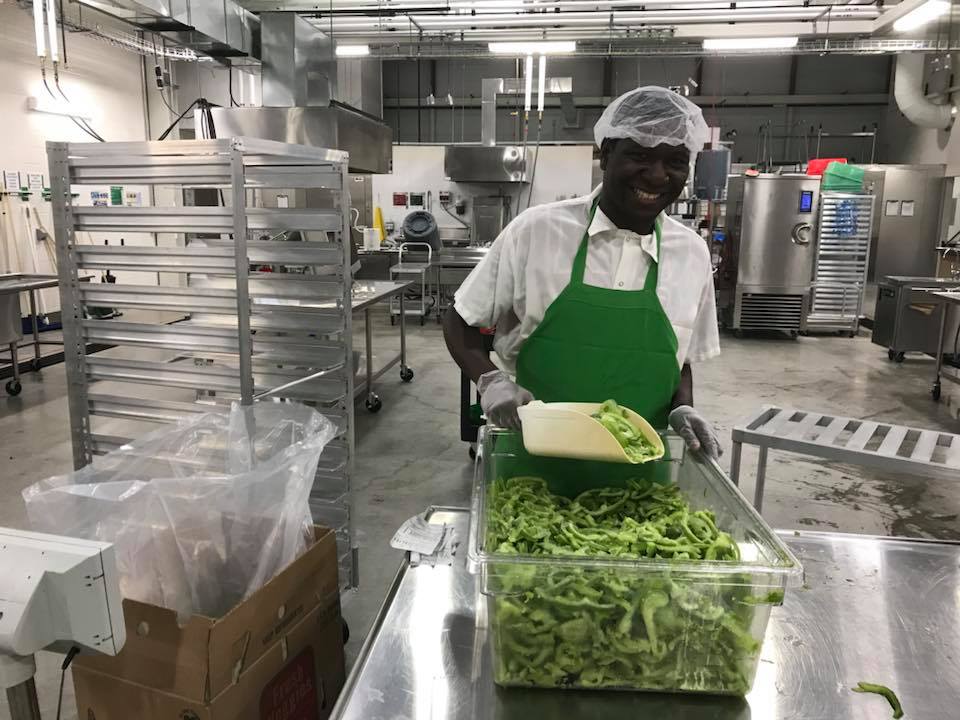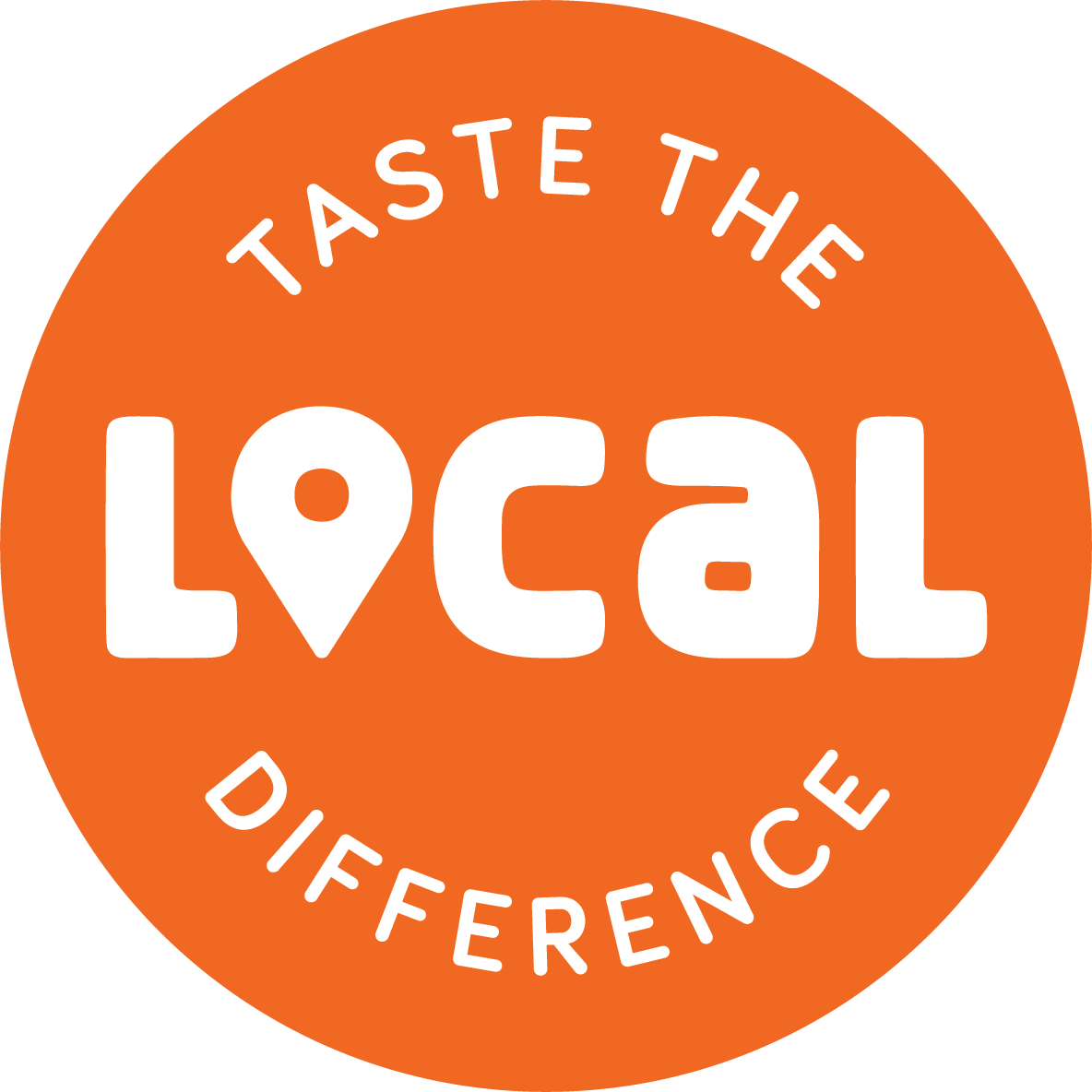By providing an opportunity for small farmers to connect to larger markets, food hubs are key to a healthy, local food system. Today, there are 236 food hubs in the country — all a little different, but all focused on getting more local food sold in their region. One great example of a food hub is the ValleyHub in Kalamazoo.

Opened in 2016, the ValleyHub features a light processing facility and manages the distribution of produce from approximately 30 sellers to about 30 buyers in Southwest Michigan. As a component of the Food Innovation Center at Kalamazoo Valley Community College, it neighbors Kalamazoo Valley’s Culinary Arts, Sustainable Brewing, and Allied Health programs as part of the Bronson Healthy Living Campus. This place of learning connects the dots between food and health for students and the community.
“Our #1 product is educational opportunities for food jobs,” says Rosie Florian, the ValleyHub Outreach and Marketing Coordinator. Students get first-hand experience in the wide range of food-related jobs through this campus, where they study agriculture and culinary arts, as well as supply chain management, processing, and management. On their productive urban farm, ValleyHub growers experiment with new and exciting methods for year-round growing with their indoor grow room, raised beds, and passive solar hoophouses.
Their next most important product is providing a channel for marketing, processing, and distributing local produce throughout the region. As one of its founding members, the Bronson Methodist Hospital is one of the biggest buyers, with goals to eventually source 60% of their food locally. Carrot coins and diced onions are some of the most popular items available. By preparing large quantities of cleaned and prepared produce to buyers, it drastically cuts down on labor at the institutions they sell to. While the local produce available through the ValleyHub has a slightly higher dollar figure than other major distributors, much less of it goes to waste, due to shorter transportation times.
Food Hubs are beneficial for the public, as well as farmers and business owners. Past creating jobs, the ValleyHub also provides agricultural educational opportunities for the public, such as At-Home Herbalism, Beekeeping 101, and Becoming a Master Rain Gardener. These great classes connect people to growing their own food and caring for the environment.
Food Hubs are a major driver in supporting local food systems. In its three years of operation, the ValleyHub has made huge strides in connecting their community to locally grown and made food. Through its work, the ValleyHub is creating a future where food regains its value on our plate and in our lives. We look forward to seeing how it grows!
